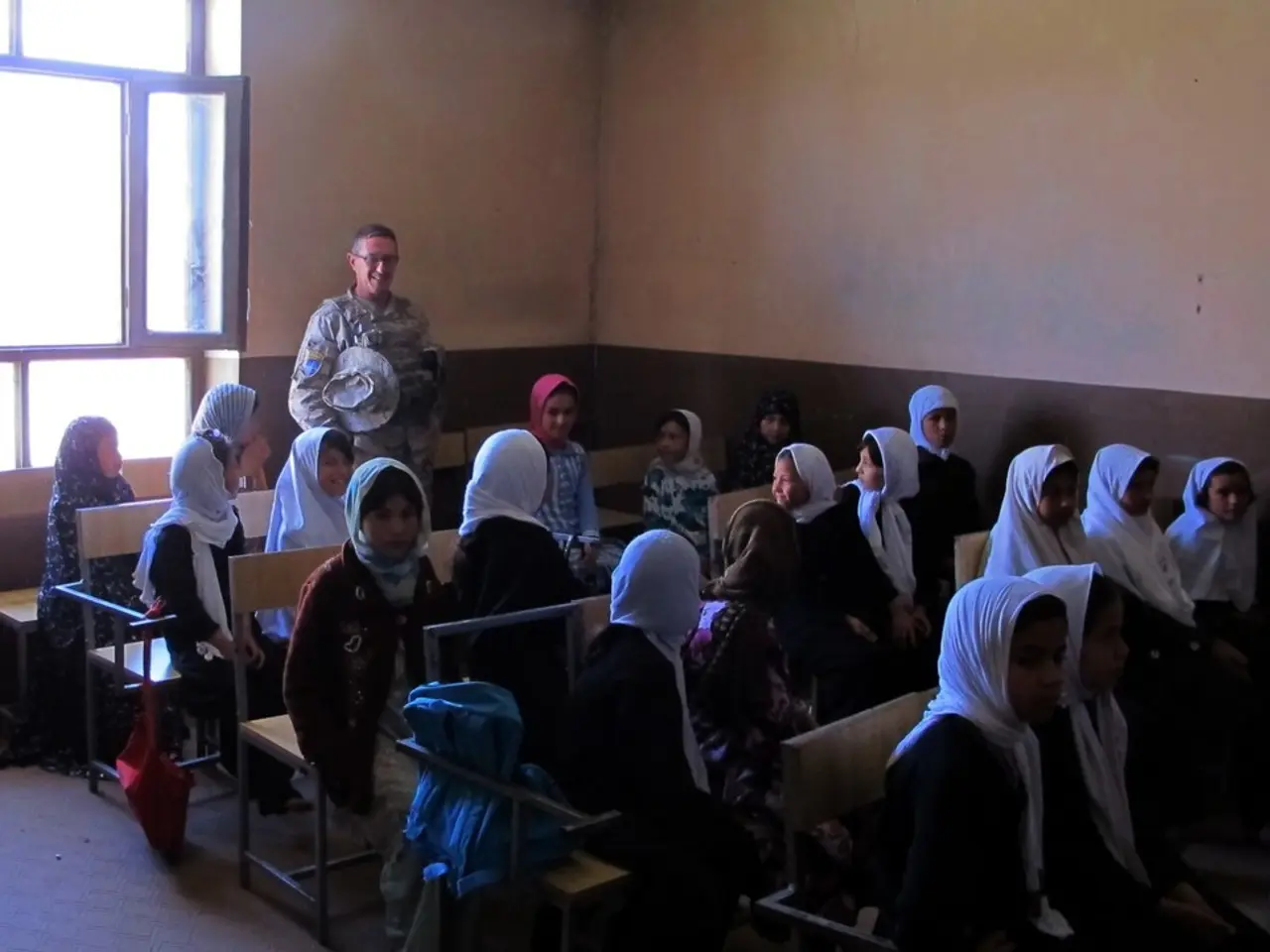University's shine dimming due to increased student enrollment?
In recent years, the landscape of Kenyan education has undergone significant changes, with a noticeable decline in university applications over the past decade. While exact figures on the extent of this decline are not readily available, various factors and trends can help explain this phenomenon.
1. **Economic Factors**: The increasing economic uncertainty and evolving career priorities have influenced students' choices. Many parents and students are opting for more affordable and practical paths to employment, such as Technical and Vocational Education and Training (TVETs) or Kenya Medical Training Colleges (KMTC).
2. **Perceived Value of Education**: There is a growing perception that university degrees are not as directly linked to job opportunities as they once were. This perception is driving students towards TVETs, which are often seen as more vocational and immediately employable.
3. **International Options**: Some students are choosing less prestigious universities abroad due to perceived better job prospects or more favorable education systems. This trend is not unique to Kenya and reflects broader global mobility patterns.
4. **TVETs and KMTC**: These institutions are valued for their focus on technical skills that are in high demand in the job market. The emphasis on hands-on training and quicker entry into the workforce is appealing to students seeking immediate employment opportunities.
5. **Climate and Migration**: While not directly related to the decline in university applications, climate factors and migration patterns can influence education choices. However, this is more generally related to migration and internal displacement rather than university applications specifically.
### Students' Preferences Explained
- **TVETs**: These institutions offer specific skills training that is often directly applicable to the job market, making them attractive for immediate employment. - **KMTC**: Specialized training in medical fields provides clear career paths and potential for secure employment. - **Less Prestigious Universities Abroad**: These may offer better perceived job prospects or an international education experience that is seen as valuable by some students.
### Contributing Factors - **Economic Constraints**: The rising costs of higher education in Kenya might push students towards more affordable options. - **Practical Job Skills**: The desire for skills that are immediately applicable in the job market makes vocational training more appealing. - **Global Mobility**: The desire for international exposure and perceived better opportunities abroad can influence students' choices.
Overall, the trend towards alternatives like TVETs, KMTC, and less prestigious universities abroad reflects a broader shift towards practical, affordable, and specialized education.
In addition, other factors contributing to the decline in university applications include publicity of leadership wrangles and questionable practices in universities, dissatisfaction with the reputation of Kenyan universities in terms of completion rates, research, and employment, and the state of university facilities. Technology is also playing a role in shifting students to TVETs, as more technology and automation mean less demand for jobs.
Students who did not apply in the current year will likely join TVETs and medical training colleges. The future of Kenyan education lies in providing affordable, practical, and vocational training that meets the needs of students and the job market.
- Some students who perceive university degrees as less directly linked to job opportunities are turning to Education-and-Self-development resources such as online learning platforms to acquire skills that are more immediately applicable to the job market.
- In response to the evolving landscape of Kenyan politics, others have shown interest in Epaper subscriptions to stay informed on political developments, which could potentially influence their education and career decisions.
- While health concerns might not be directly related to the decline in university applications, an increase in learning materials about alternative health practices and holistic wellness through online resources could indicate a shift towards self-development in health-related fields.




